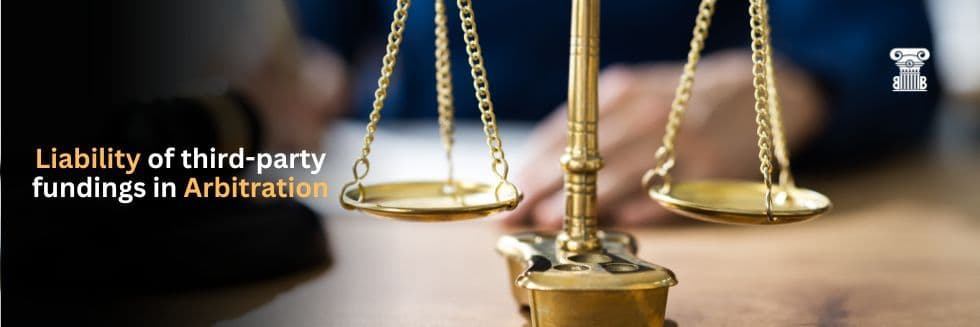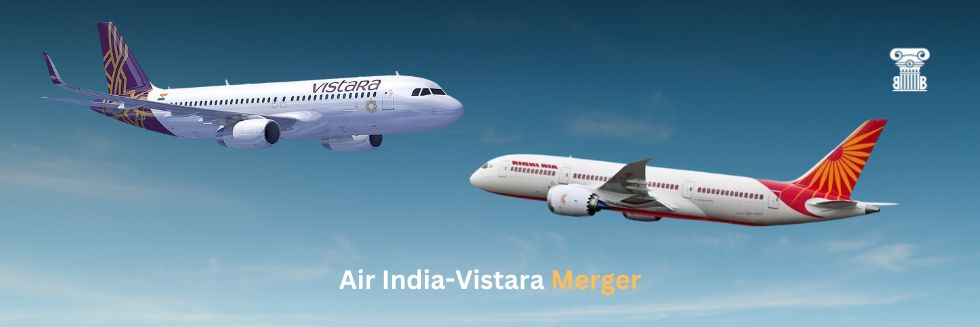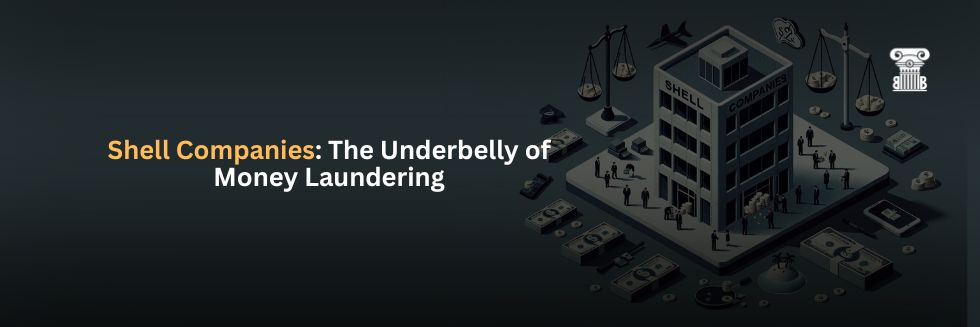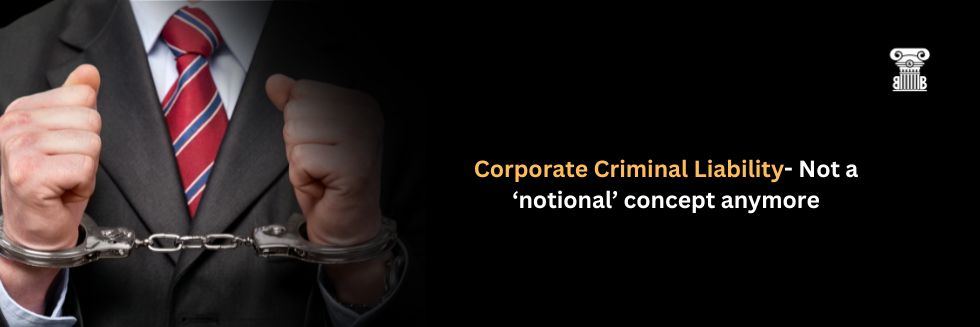The Division Bench of the Delhi High Court on May 29, 2023, rendered a key verdict in a legal battle between Tomorrow Sales Agency Ltd. and SBS Holdings Inc.[1], stirring the legal pot and sparking discussions. The main issue in the case concerned a third-party funder’s (TPF) liability following an unfavourable arbitral award. The court wisely declined to place blame on third parties when funding arbitration due to the funder’s lack of involvement in the arbitration agreement, procedures, or award, stating that someone cannot be made to pay for something they haven’t done or even acknowledged.
This historic decision is a turning point in the arbitration community’s acceptance of third-party funding (TPF) and provides comfort to Indian donors and funded parties alike. Its broad acceptance has been made possible by the Court’s clear recognition of TPF’s validity. Furthermore, the Court has taken a proactive step to guarantee fairness and honesty in upcoming arbitrations by pressing the government to create legislation governing the disclosure and openness of TPF.
This decision serves as a beacon of clarity in an otherwise ambiguous legal environment and is evidence of how arbitration law in India is developing. It acts as a reminder of how crucial it is to be flexible and proactive when handling new legal issues, which will ultimately promote a more fair and open system for all stakeholders.
FACTS OF THE CASE:
Tomorrow Sales Agency Private Limited (TSA), the appellant in this case, is a non-banking financial institution. Three businessmen and SBS Transpole Logistics Private Limited received funding from TSA. They jointly filed for arbitration against SBS Holdings Inc. (SBS). A Bespoke Financing Agreement enabled the claimants and TSA to come to this financial settlement (BFA).
The arbitral tribunal rejected the claims of the claimants and decided in SBS’s favour and ordered them to pay SBS’s arbitration costs (referred to as the “Award”). Interestingly, TSA did not directly participate in the arbitration agreement or the proceedings despite being the financial backer.
After the tribunal’s ruling, SBS pursued the amount due from TSA. TSA, however, refused to comply, claiming it was not responsible for the Award.
SBS then utilized Section 9 of the Indian Arbitration and Conciliation Act [2] to request for temporary remedy. SBS requested, among other things, that TSA and the claimants reveal the specifics of their assets and bank accounts and offer security for the sums specified in the Award.
SBS’s application was approved by a Delhi High Court single judge, who also banned the claimants and TSA from encumbering any unencumbered immovable assets up to the amount granted to SBS under the Award.
JUDGEMENT OF THE SINGLE BENCH:
The main question before the court was whether the funder, with its large financial interest and level of involvement, could avoid paying the costs that are sanctioned in the arbitration proceedings. SBS claimed that the Promoters and Transpole, who were directors of companies that were in the process of being dissolved or liquidated, were unable to pay the required costs.
Furthermore, according to SBS, the Funder positioned itself as a “genuine party” in the dispute and had significant influence over the arbitration procedures in addition to standing to gain financially from a successful conclusion. The Funder is said to have had significant control over the arbitration process and to have provided financial support, leading to the argument that the Claimants lacked the resources to fulfil the Arbitral Award.
The decision of the single bench recognised the need to strike a balance between facilitating access to justice through funding arrangements and holding the Funder accountable when a meritless claim fails, taking into account pertinent legal precedents such as Arkin v. Borchard Lines Ltd. and Excalibur Ventures LLC v. Texas Keystone Inc.
THE APPEAL TO DIVISION BENCH:
The TSA appealed the Single Judge’s decision, citing Section 37 of the Act [3] contesting the order and requesting a revaluation of the decision. Their argument centred on their claim that they are not obligated to pay SBS, noting their non-participation in the arbitration as well as the arbitration agreement and Award itself. As a result, the TSA claims that it is not enforceable against them under the Award.
Conversely, SBS made a counterargument, claiming that the TSA has a significant interest in the arbitration process. They contend that the TSA’s financial backing, which made the procedures easier to begin, is proof of their concrete involvement. Furthermore, SBS asserts that the TSA sponsored the arbitration process in order to benefit itself and exercise significant influence over its path. Therefore, SBS maintains that the TSA should be in charge of meeting the financial commitments outlined in the Award.
JUDGEMENT OF THE DIVISION BENCH:
The Division Bench’s ruling overturned the judgement of the single bench. The Division Bench held that even if someone hasn’t signed an arbitration agreement directly, they can still use it if they are assigned to a legitimate beneficiary.
They made it clear that although these non-signatories might participate in the arbitration process, only the parties who were actively involved would be responsible for the majority of any ruling that came from it. Therefore, since the TSA was not present during the arbitration process, no enforcement actions could be taken against it.
Moreover, the Division Bench noted that the TSA was not eligible to be included as an extra party since it did not satisfy the requirements for inclusion specified in Rules 7.1 and 7.8 of the SIAC Rules. These requirements include getting the assent of every party or being impliedly bound by the arbitration clause. As a result, enforcement measures against the Funder were not possible because it did not meet the requirements for inclusion or qualify as a party.
Furthermore, the division bench cited a SIAC Practice Note permitting the consideration of third-party funding agreements in cost allocation. However, it made clear that charging the third-party funder directly was not allowed, and the possibility of making the Funder liable for the awarded costs was greatly reduced by this clause.
Finally, the Division Bench rejected the applicability of earlier rulings in cases such as Excalibur Ventures LLC v. Texas Keystone Inc. [4] and Arkin v. Borchard Lines Ltd. [5] to the current disagreement. They contended that these precedents were based on English statutes that gave courts discretion in allocating fees, a discretion that Indian law did not authorise unless it related to specific situations concerning cost security.
CONCLUSION:
This verdict provides much-needed clarification for third-party financiers interested in Indian arbitration processes. Furthermore, it subtly accepts the validity of third-party funding, which is still a relatively new practice in Indian arbitration.
In a broader sense, this legal precedent underscores the importance of meticulously crafting third-party funding agreements, ensuring they unambiguously delineate the funder’s responsibilities, particularly in the event of an unfavourable arbitration outcome.
It makes sense to consider including funders as parties in the arbitration process if you want to hold third-party funders responsible for arbitration fees in India. Including funders as parties in the arbitration process could increase the likelihood that any unfavourable decisions can be effectively enforced.
The Tomorrow Sales case suggests that clear guidelines and established frameworks are needed to clarify the dynamics of third-party funding in India. It is uncertain whether this will prompt legislative or executive action in India to establish comprehensive regulations in this area.
_________________________________________________________________________________________________________
[1] Tomorrow Sales Agency Private Limited v. SBS Holding Inc. 2023 SCC Online Del 3191.
[2] Arbitration and Conciliation Act, 1996, S.9
[3] Arbitration and Conciliation Act, 1996, S.37
[4] Excalibur Ventures LLC v. Texas Keystone Inc. [2013] EWHC 2767 (Comm).
[5] Arkin v. Borchard Lines Ltd.) [2005] EWCA Civ 655 (26 May 2005).
_________________________________________________________________________________________________________
This article was written and submitted by Garima Thakur during her course of internship at B&B Associates LLP. Garima is a 2nd year B.A.LL.B student at Rajiv Gandhi National University of Law.







